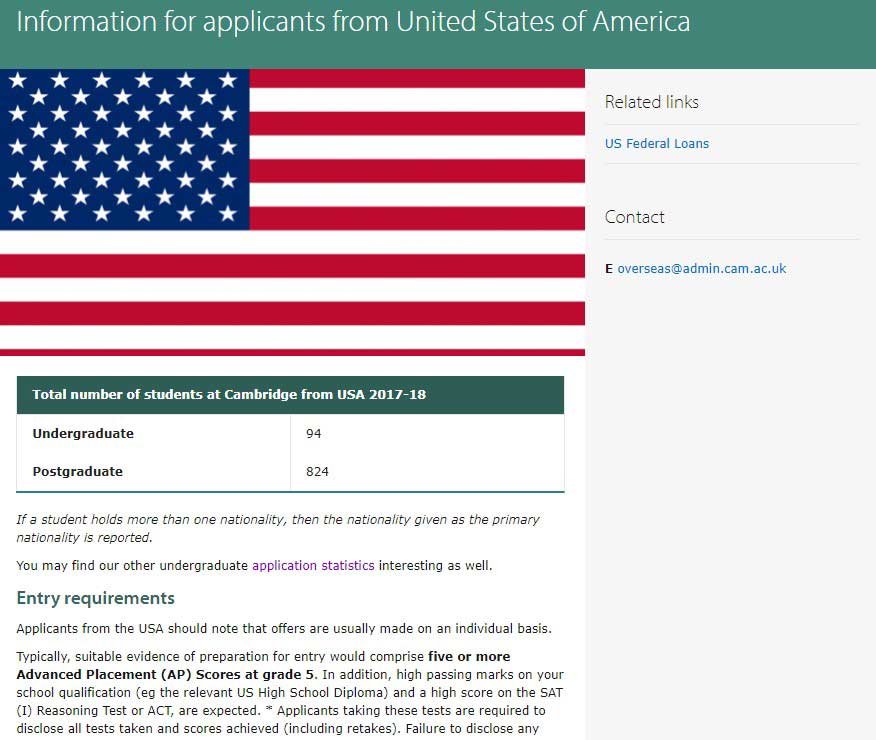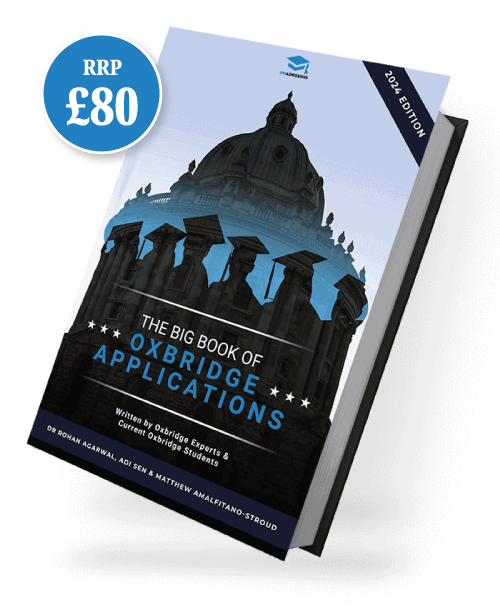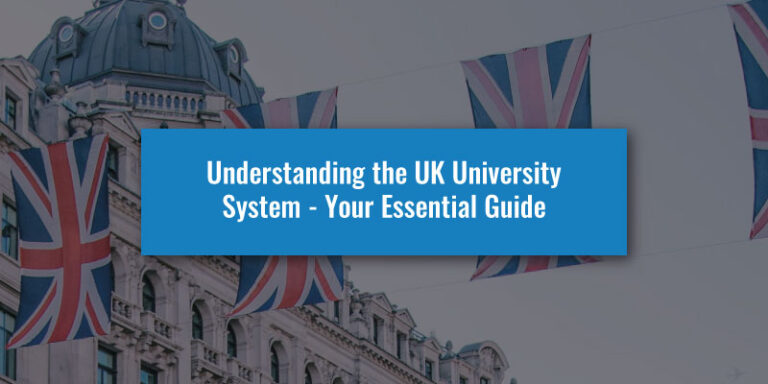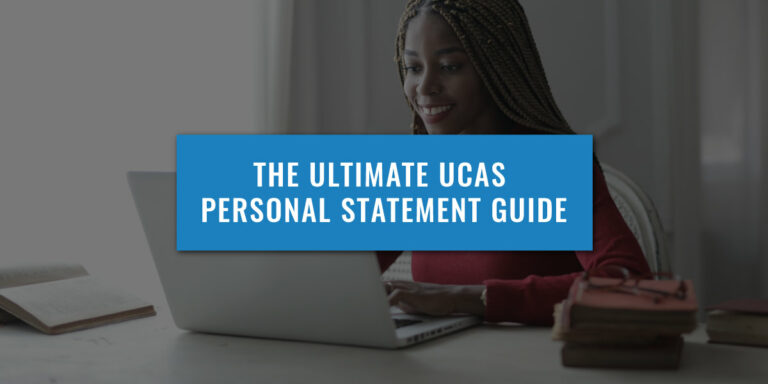So, you’re a hard-working student, and you’re interested in applying to study at a UK university.
There are many reasons why students apply to study in the UK. There’s world-leading research, the quality of teaching is incredibly high and the calibre of the professors is world-renowned. Some students also just want to visit a new country and a new culture.
However, depending on where you’re from, you might never have sat A-levels or GCSEs and you’ll see that universities often ask for these in order to be eligible.
This article is here to help you make sense of your grades and whether or not they will help you get into the UK.
Remember – the grades are usually just one part of a wider application so getting this right is just the first step.
International Qualifications Equivalent to the UK
Do not panic when you keep seeing A-levels and GCSEs and wonder what these alien academic requirements are. Most international qualifications have equivalent qualifications to those in the UK.
How to find out if you have equivalent grades?
The first thing to do is to check directly how UK universities view the grades that you have from school. Most university websites can help you find this information, but some are easier to use than others. For example, the University of Cambridge has a very easy to navigate page for international applicants.
USA equivalent grades
Say you are a student from the United States who wants to see if they meet the minimum entry requirements. To do this, go to your section at the bottom of the page (as it’s an alphabetical list). Below is what you’ll see.

Cambridge tells you about applicant numbers from your country and plenty of detail about entry requirements. They will tell you if your grades are accepted, and what grades are needed to be competitive.
So, as long as you perform well in your APs or SATs, you will be in with a shot (combined with a strong performance in other parts of the application, such as the Personal Statement and Admissions Tests). Let’s have a look at a student from a different country.
Armenian equivalent grades
We’ll take someone from Armenia for this example who wants to study at Oxford. Just like Cambridge, Oxford also has clear information for international applicants.

Unlike students from the States whose qualifications are accepted, students from the Armenian school system are not eligible to apply to Oxford, regardless of the strength of the rest of their application.
As a general rule, if one UK university accepts your local grades, it’s likely that others will too. However, if one UK university doesn’t accept your grades, it doesn’t mean that all the others will be the same. It just means you’ll have to keep researching until you find the right ones or do the additional things they ask of you to make you an eligible candidate.
If you can’t find anything on the website related to your grades, get in touch with the admissions office and see what their protocol is, do not rule it out until then.
Applying to the UK as an international student is incredibly competitive. Ensure your Oxbridge and Medicine application is as strong as it can be.
Every year, we support international students to receive their Oxbridge offers by ensuring they craft the perfect Personal Statement, achieve a highly competitive Admissions Test score and Interview effectively – covering all areas of their Oxbridge application, from History to Medicine. Now it’s time to get you your offer.
Discover our Oxbridge Full-Blue Programmes by clicking the button below to enrol and triple your chances of success.
You’ve got the grades – now what?
Just like for UK students, your universities will require a Personal Statement as part of your application. This is a very important document, particularly for universities who don’t Interview, as it is your opportunity to make clear why they should accept you beyond just the grades on paper.
It’s a big topic, so we won’t go into too much detail here, but we have plenty of Personal Statement guides if you are interested.
Access "The Big Book Of Oxbridge Applications" For FREE
If you want to learn more about studying at Oxbridge and how to get your offer,claim your free digital copy of The Big Book Of Oxbridge Applications, now. In over 350 pages, you’ll find:
- Over 40 admissions test practice questions
- 28 example Oxbridge Personal Statements
- Interviews with Oxbridge students and graduates
- Additional downloadable resources
Fill in your details below to claim your digital copy today!

Medicine entry requirements for international students
Medical schools in the UK have additional hurdles for applicants to pass. Hurdles that impact your chances of success significantly:
The first thing to be aware of is that there is a cap on the total number of international students that a medical school can take on. For example, at Oxford, the number shortlisted for Interview is restricted to approximately 32 for the standard A100 course. This is unique to medical degrees and does not happen in other subjects.
The second thing to keep in mind is that medical schools often have entry requirements beyond just the A-level grades. They will often have GCSE requirements too and you will need to make sure that they will accept whatever GCSE equivalent you have.
Sadly, the universities don’t make it as easy to check if your GCSE equivalents are sufficient, compared to the A-levels, so you will have to contact them directly. Typically, there is an option on their website to either email, call or leave an enquiry. When contacting universities, be as clear as you can about your current situation, with as much detail as possible – that way they will be able to give the most accurate response.
Universities are busy so don’t expect a reply immediately, and make sure to ask with enough time for them to answer. Do not leave this too late.
UCAT
You will also need to take the University Clinical Aptitude Test (UCAT). This admissions test is standardised across all medical schools in the UK and is required to submit your application. The UCAT is a test of four different general skills, so specific medicine knowledge won’t be required.
When you start planning to prepare for the test, make sure to start early and give yourself enough time to cover the difficult parts and practice questions for the real thing.
Oxbridge International Entry Requirements
If you fancy your chances at Oxford or Cambridge, be prepared for a tough application process (the same goes for Medicine). For most subjects at Oxford and Cambridge, just like for Medicine, there will be extra Admissions Tests and Interviews that other students don’t have to sit; these extra steps are make-or-break for your application overall.
High grades alone just aren’t enough anymore to make you a strong candidate for Oxford or Cambridge, so you need to focus your efforts on the other ways you are going to be measured. The Admissions Test and Interview are crucial, so being prepared for those is one of the biggest differences between those that get their offers and those that don’t.
What can I do if my country’s exam board is not accepted?
Of course, it’s not your fault if your country’s exam boards aren’t accepted in the UK. You’ve worked hard at school, done what you’re told, only to find out it’s not enough. This can be very frustrating.
There are a few things that you can do to get around this if you are in this position:
If you’re planning ahead (well done you for starting early) you can try and move to an international school for your last couple of years of school. In most countries, there are international schools that follow the A-level/IB/American AP system, all of which are widely accepted by the universities in the UK
If it’s too late and you’re already into your last year or so at school, you will have to sit additional qualifications in order to be eligible.
Contact the university. If it’s unclear whether or not you could apply, remember you can always get in touch for clarity from the university themselves. If your grades aren’t strong enough, the university will also be able to let you know what you need to do to fix that.
You can apply for a foundation year at a university in the UK. These are designed for students who aren’t quite ready for a full-on undergraduate degree and need a bit of catching up to do.
Foundation years are a great way to help you ease into further education in the UK if you’ve been disadvantaged by what is available in your country, but of course, it comes with a significant cost. University education in the UK for international students isn’t cheap, so you will need to make sure you have the budget for an extra year.
Conclusion
If you are an international student who’s keen on coming to the UK, be sure to research thoroughly and start as early as possible. Starting early means that if there are any issues, you can plan and deal with them ahead of time, rather than finding out too late that you’ve done the wrong thing.
Once you’ve done your research and you know you’re in the clear – you’ve finished step 1! You meet the minimum entry requirements, but the hardest part is competing with the competition, particularly if you’re applying to a competitive course or university.
Worried about the competitiveness of applying to the UK? We’ll make sure you have an edge over other applicants.
Every year, we support international students to receive their Oxbridge offers by ensuring they craft the perfect Personal Statement, achieve a highly competitive Admissions Test score and Interview effectively – covering all areas of their Oxbridge application, from History to Medicine. Now it’s time to get you your offer.
Discover our Oxbridge Full-Blue Programmes by clicking the button below to enrol and triple your chances of success.







